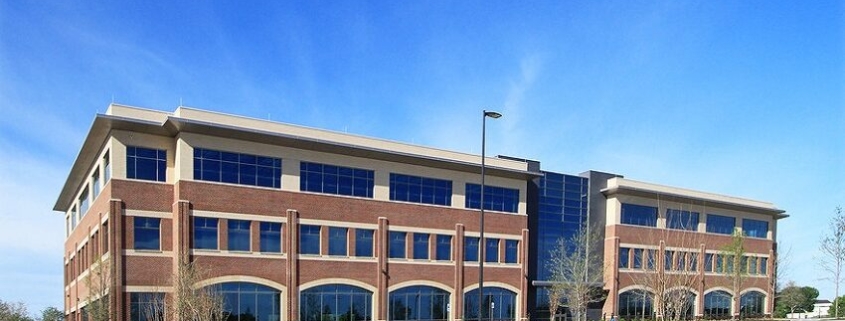Navigating the Tension Between Medicine, Real Estate And the People Who Pay For It All
In what has been a transformative year for healthcare, more than 250 national leaders in the sector just came together in person at the GlobeSt. Healthcare Real Estate conference in Scottsdale, AZ.
And while many of the sessions drilled down into the opportunities to be had in this asset class, at least one discussed the tensions that can exist between the practice of medicine and the realities of paying for it.
According to Angie Weber, a first VP at CBRE, healthcare has two speeds… Slow and slowest. “Covid added a new one…slowest. You have the physicians who want what they want and you have the finance folks where a plan needs to be in place before anything gets done. Who will come out on top depends on the system and the state.”
Jon Boyajian, a principal at Echo Real Estate Capital, says there is also an arm wrestle in the hospital between the operations group and the finance group. “Their capital and expansion plans really got turned on its head during Covid,” he said. “The finance folks want to move all the family practice and provider groups into buildings they already own, and the operations people are saying, ‘no wait, those buildings are well located and are great amenities etc….why would you move these practices.’”
As for what the future holds for these spaces, Weber said that she believes the systems will start to utilize their space within the four walls of their hospital differently than they have been.
“What Covid showed is that they cannot afford to not do surgeries because of other patients being too ill, said Weber. “I think we will start to see that over the next five to 10 years, they will take things out of the mother ship and put it nearby. You will see different utilization for space within the walls of the hospital because they don’t have a choice. They do have to make money and oftentimes, elective surgeries is how they do that. The behavioral health side is also going to be more of a trend in a big way for sure.”
Switching gears, when discussing flexibility of healthcare space, Boyajian said that every doctor his company has spoken with would prefer larger exam rooms for people to spread out. They also said they would want larger or multiple break rooms for provider and staff and admins to spread out.
“The footprint will increase in the future because they want and need to spread out,” said Boyajian.
Weber added: “You have two things right now…you have the physicians and the ones who own them. There has been a real tug over the last years over what physicians want and the reality. I think Covid will increase the size of a lot of space, but I also think it will be a reevaluation of how they do things. All of these changes and even putting as many flags in as many places as possible takes resources and dollars and it isn’t just systems. There is a lot of VC money that has come into healthcare. They are going big and all over whether it is 3,000 square feet of space or 15,000 square feet of space and they are planting flags in spots like fertility groups, oncology groups and more. On the systems side, some have more financial wherewithal than others.”
Boyajian added that private equity companies don’t just make an investment and sit on it.
“They make an investment and want to see growth, said Boyajian. “The good part about it is private equity groups when they can partner with nimble development groups, they can roll out more quickly and then the landscape and network is there.”
Source: GlobeSt.




